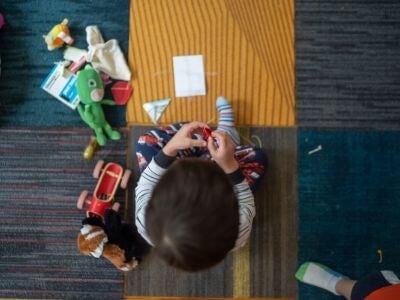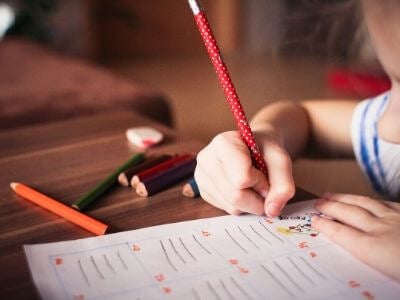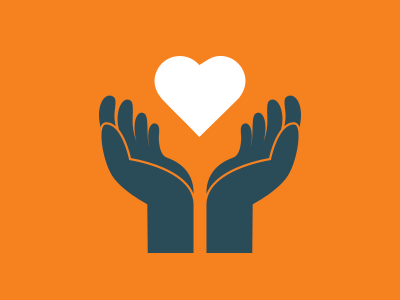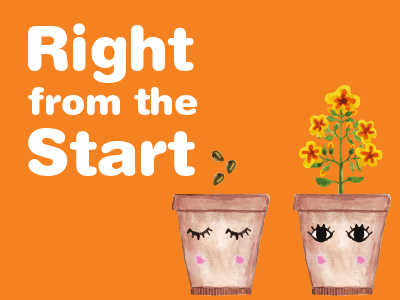I think my child is autistic

If a child is developing differently to their peers, then their parents or carers are usually the first to notice.
The pathways through which a child develops often follows a set of stages called the 'developmental milestones'. These milestones are divided according to the child's age.
All children develop in their own time and not reaching an expected developmental stage doesn't mean your child is autistic. But if you have suspicions that your child is developing differently there is nothing wrong with wanting to double check.
We have created a Right from the Start parent toolkit which includes lots of information about what to do if you think your child might be autistic.
Common signs
Every autistic person is different and has different characteristics. However, common signs of an autistic child or young person might include:
- Difference in speech development - for example delays in talking or differences in how language is used.
- Difference in social interactions - for example, interacting with toys in a rigid or repetitive way, or having limited eye contact.
- Sensory differences - for example, being highly stimulated by certain visual experiences or having unusual preferences about touching.
- Emotional or behavioural differences - for example, struggling with high levels of anxiety or problems regulating their emotions.
Acting quickly
Early intervention is crucial to ensuring autistic children and young people are able to thrive, learn and achieve.
If you suspect that your child may be autistic, the first step is to seek a diagnosis. The earlier you know, the sooner you can access support, which can make life easier for you and your child.
Further information
Download our Right from the Start parent toolkit to access practical information, advice and support on autism in the early years.
Related information
Discover more information related to this topic area.






